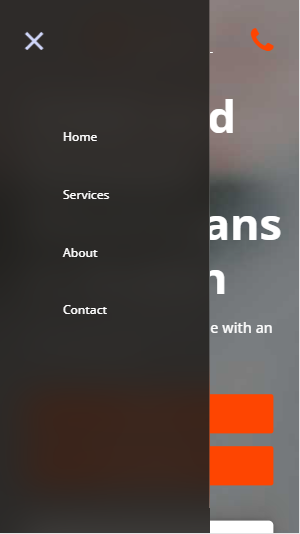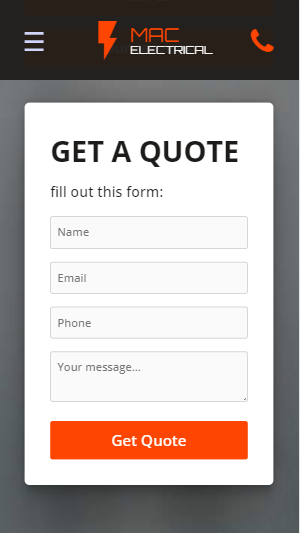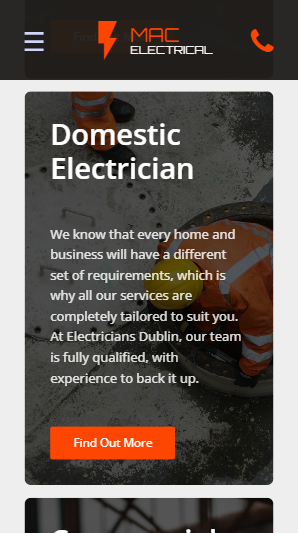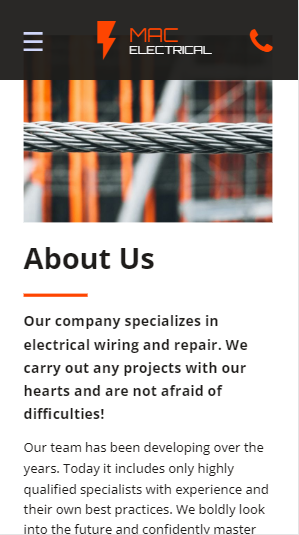Methods Used
Reset
A personal CSS reset was created to set some default rules. This allows a more consistent starting point across all browsers.
Utility Classes
Utility classes were implemented for such things as: .container, .grid, .flex, .flow, .bg-color, .text-color, .font-sizes and font-families. Working with utilities massively increases the organization of your project and promotes predictability and consistency for both developers and end users.
Custom Properties
Custom properties allow a value to be stored in one place, then referenced in multiple other places. An additional benefit is semantic identifiers. For example, --main-text-color is easier to understand than #00ff00, especially if this same color is also used in other contexts.
Comments
As a programmer comments helps in making code easy to understand, easy to debug and also stimulate code readability between the programmer and others. Comments are also used to document programs and remind programmers of what tricky things they just did with the code and also helps the later generation for understanding and maintenance of code.
Components
Component like styles were created for such things as button's, hr's and forms. This allowed general styling to these components, which could be used over and over again.
Media Queries (min-width)
Media queries were used throughout each page in order to make the website full responsive on all devices.



